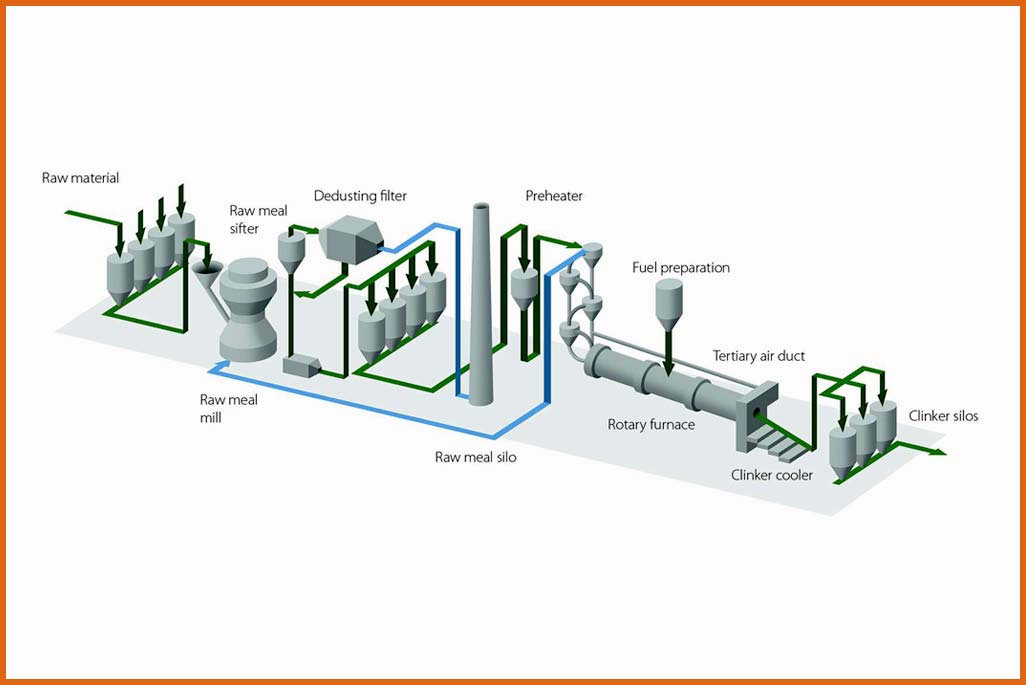

Cement Industry
Single source for all products and services for cement manufacturing
<
>
Improve Production, Profitability and Safety
Cement plant Reliability Audit identifies the core issues which are compromising KPI and prevent plants from increasing capacity and maximizing productivity.
Our Reliability Audit is focused at all aspects of reliability improvement in the cement plant covering the Process, Equipment and Human Resources. We provide recommendations and action plans for corrective steps and also assist to develop reliability team for planning, monitoring and measurement of equipment reliability.
Poor equipment reliability is one of the greatest causes of loss of production, profitability and safety performance for a cement manufacturer. Moreover, poor plant reliability leads to higher production and maintenance costs along with compromised quality of final product. Reliability audit report help to bridge the gaps between existing plant performance and the reliability requirements.


Stages of Cement Plant Reliability Audit
Plant Audit Execution
We offer a comprehensive reliability improvement program to improve the reliability and profitability of the cement plant and at the same time achieving reduced stoppages and costs.
The first stage of the Reliability Audit is to collect necessary data of stoppages and incidents of certain period to assess the current performance of the plant. We also assess the methodology and tools being used to monitor the equipment condition and the structure of the allocated human resources.
The second stage is to finalize corrective steps for Reliability Improvement Action Plan, providing the customer with specific actions to improve the reliability of the plant.
Once the customer implements the Reliability Improvement Action Plan, we provide support to the customer in areas such as Root Cause Analysis plan, development of the skills of technicians in the methodology for developing equipment specific maintenance.
We also benchmark and rate your operational conditions against industry’s Best Practice standards. Best Practices enhance equipment reliability and realized capacity by avoiding unnecessary production interruptions. We make appropriate recommendations for improvements, with follow-up audits.
Our Experts have years of experience working on different cement technologies with exposure to local industrial working conditions. This specialist knowledge combined with many years of experience led into the highest quality of services we offer. Our experts listen before they speak, which means they are focused on Your needs and open to technical discussions to give You the best solution to the problems. Instead of bringing new components catalogues and recommending expensive replacements, we prefer finding smarter and easier ways to resolve problems.
We are not attached to any plant supplier because our goal is to find the best solution that works for You without taking any unnecessary expensive moves. That is why You can be absolutely sure that our recommendations are based on unbiased motivation to best serve Your needs.
We will undertake the reliability audit study focusing on the following key areas:
Reliability Audit Report
We will provide a report on the findings covering the following areas:
Ecorporates © 2025. All Rights Reserved